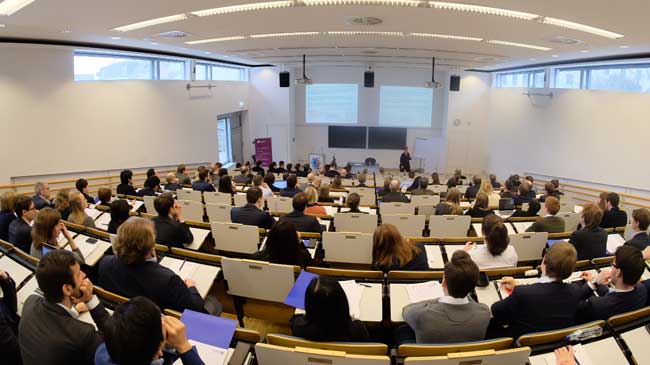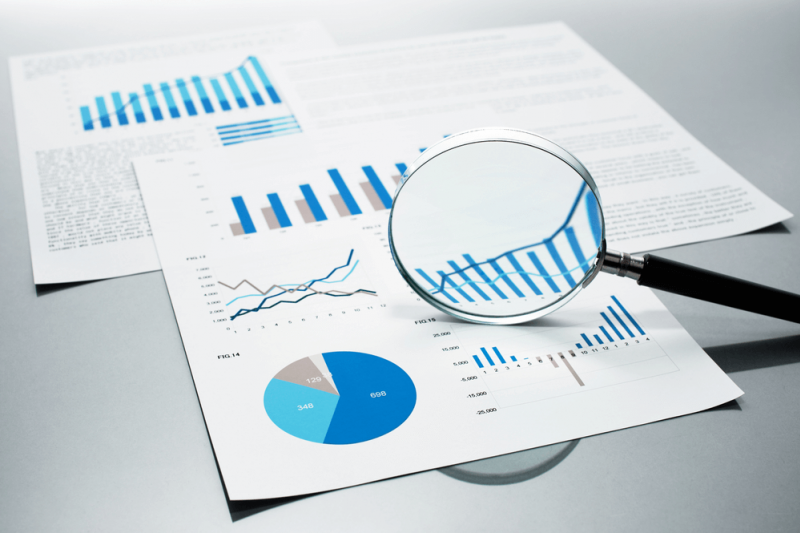 Course Details:
Course Details:
Students will learn how to examine the commercial environment of today. And also they will learn how to use accounting software and conduct sophisticated economic
analysis.
Recognize variations in accounting practice and have the ability to account for them when comparing businesses.
Students will learn how to create capacity inside your organization to comprehend performance-related economic drivers and evaluate competitors.
A Bachelor of Science in Accounting is an undergraduate degree program that provides students with a strong foundation in the principles and practices of accounting. The program typically takes less than four years to complete and includes courses in financial accounting, managerial accounting, taxation, auditing, and business law.
Students will also develop skills in areas such as financial analysis, communication, and critical thinking, as well as gain an understanding of the ethical and legal considerations involved in accounting practices. The program may also include opportunities for internships, co-op experiences, or other hands-on learning opportunities that provide practical experience in the field.
Upon completion of the program, graduates are prepared for a variety of entry-level accounting positions in public accounting firms, corporate accounting departments, government agencies, or nonprofit organizations. They may also pursue further education, such as a master's degree in accounting, to increase their career opportunities and earning potential.
 Course Structure:
Course Structure:
A Bachelor of Science (B.Sc.) in Accounting can be earned after three or four years of study at Anchor University.
The majority of staff members who are tutors in their field provide tutorials, classes, and lectures. Many of them are top-tier experts with extensive training in both teaching and research. Educated PhD students and early-career researchers with practical research experience may also conduct some teaching.
-
First Year Courses
- Core Courses (60%):
- Introduction to Financial Accounting 1 & 2
- Introduction to Business 1 & 2
- Business Mathematics 1 & 2
- Introduction to Economics 1 & 2
The courses listed on this page are illustrative and may change.
Assessment
- Continuous Assessment.
- Projects
- Examination.
-
Second Year Courses
- Core Courses (70%):
- Financial Accounting 1 & 2
- Cost Accounting 1 & 2
- Elements of Management
- Computer Application in Business
- Principle of Micro Economics 1 & 2
- Principle of Macro Economics 1 & 2
- Statistics 1 & 2
- Business Law
- Business Finance
- Business Communication
The courses listed on this page are illustrative and may change.
Assessment
- Continuous Assessment.
- Projects.
- Examination.
-
Third Year Courses
- Core Courses (50%):
- Management Accounting
- Management, Governance and Ethics
- Company Law
- Taxation
- Quantitative Techniques in Accounting
- Accounting Labouratory & Accounting Application Software
- Financial Accounting 3
- Financial Management
- Audit and Assurance
- Public Sector Accounting and Finance
- Human Resources Accounting
- Research Methods
- Production management
- Business Policy and Strategy I
- Analysis for Business Decision
The courses listed on this page are illustrative and may change.
Assessment
- Continuous Assessment.
- Projects.
- Examination.
-
Fourth Year Courses
- Core Courses (70%):
- International Accounting
- Corporate Reporting 1 & 2
- Advance Auditing Assurance
- Strategic Financial Management
- Business Policy and Strategy II
- Management Information System
- Accounting Theory
- Research Project*
- Advance Taxation
The courses listed on this page are illustrative and may change.
Assessment
- Continuous Assessment.
- Projects.
- Examination.
Some Research Areas
Capital Market Accounting Research
Management Accounting Research
Public Policy (or Public Sector) Accounting Research
Fraud and Forensic Accounting Research
Research in Digital Accounting












